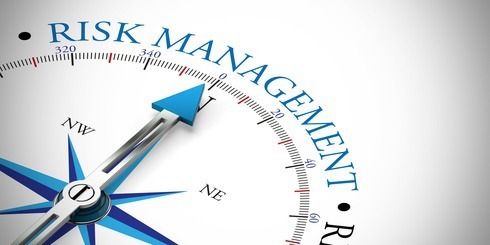

Our blended learning strategy also include face-to-face life sessions for a more interactive learning experience comprising lecture, discussion groups and seminars. Our extensive global network of examination centres and our special centre policy means you can study and take your examinations anywhere in the world.

Our Self-directed distance learning and interactive packages give you the flexibility to study at home at your own pace. If English is not your first language, we recommend you have an Academic IELTS score of 6.0 or equivalent evidence of competence in the English language before beginning your studies. The certificate qualifications are delivered and assessed in English. Individuals who achieve the PRM Designation must complete the required recertification requirements in an annual recertification period. The PRM Designation was designed to be a graduate-level certification program, so individuals seeking the designation are required to hold a master’s-level degree (or equivalent) before beginning the examination requirements. Two years of full-time work experience and a bachelor’s degree or Four years of full-time work experience.
#Profesional risk manager professional
Successful graduates will be awarded the title of Certified Professional Risk Manager (CPRM) which can be used after their names as an internationally and locally recognized proof for their competent and professional skills. Who should attendĬurrent PRM professionals include staff from large banks and corporations, universities, government agencies, and other nonfinancial organizations.
#Profesional risk manager series
The PRMIA PRM Designation is a series of evaluation exams, designed for the development of professional risk managers and awarded to individuals with proven knowledge and skills in financial risk management.

The Professional Risk Manager (PRM) Designation is a globally recognized, graduate-level risk management credential. There is no better way for risk managers to show their commitment than by proving they have the knowledge, skills, and qualifications to back their experience. Today’s risk professionals are expected to know and understand industry best practices and be committed to using them.


 0 kommentar(er)
0 kommentar(er)
